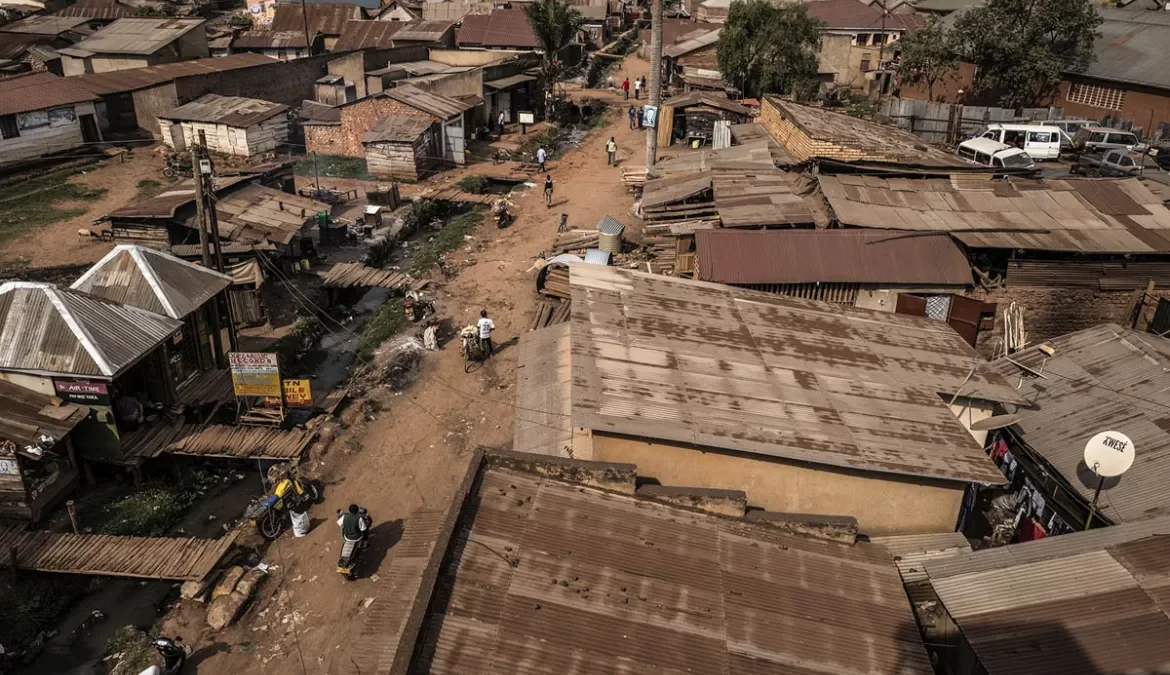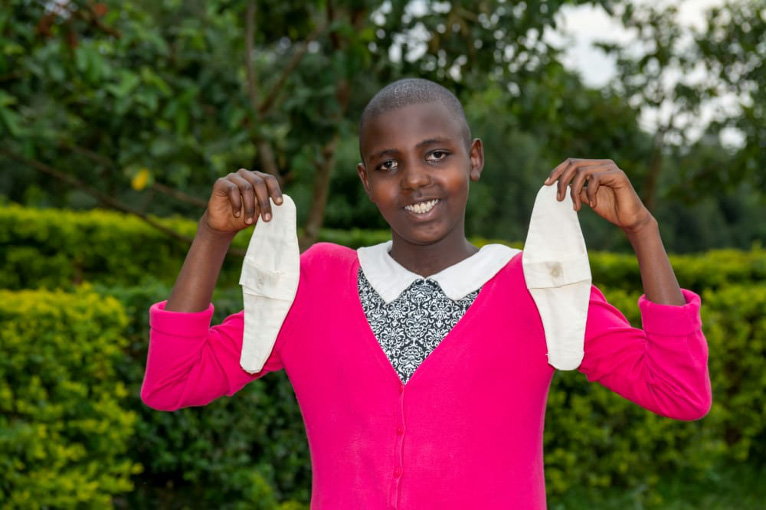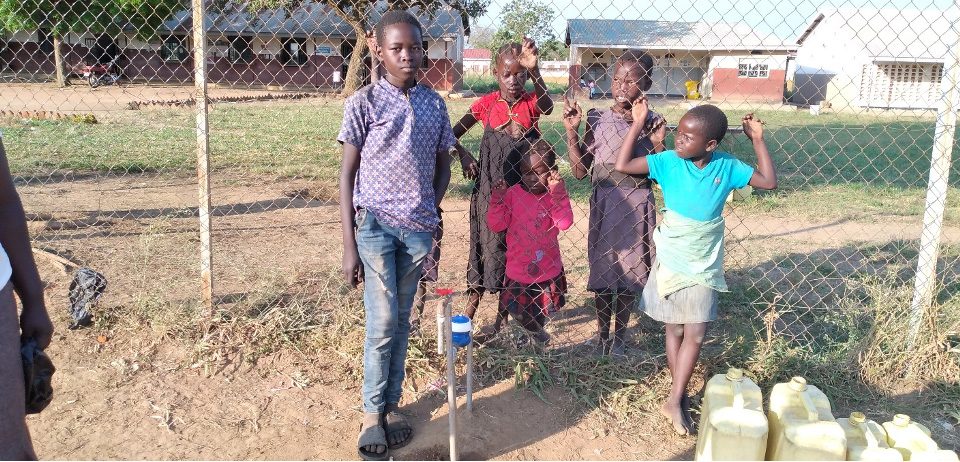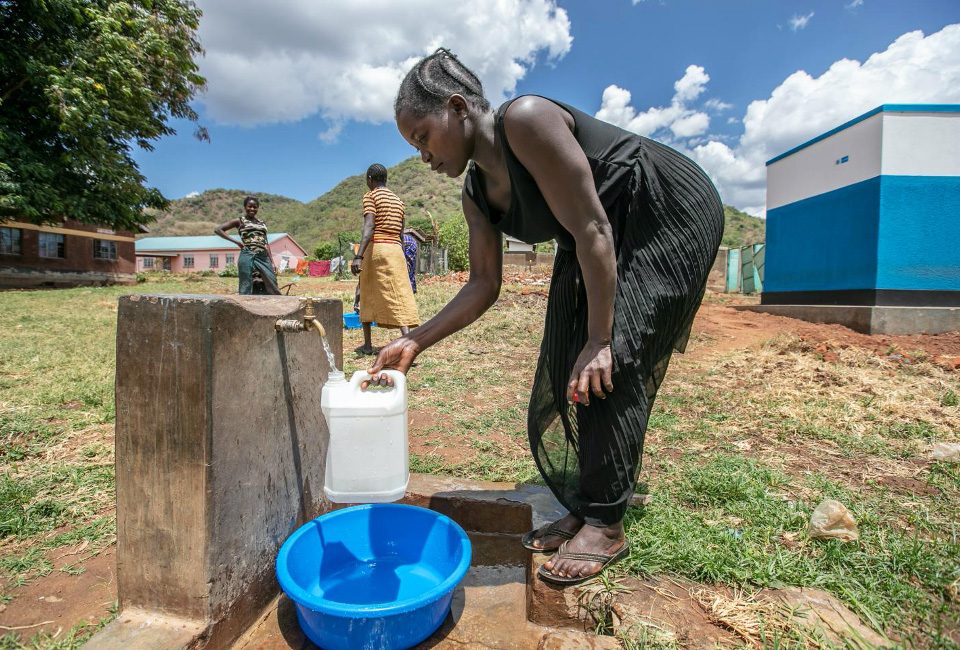
Water Conservation Efforts in Kampala Pay Off
February 23, 2023
Amref Uganda’s WASH Program Improves Health Outcomes in Northern Uganda
February 23, 2023This story focuses on a community-led sanitation project in a slum area of Kampala. The project, implemented by a local NGO in partnership with the community, provided access to toilets, hand washing stations, and hygiene education. The story includes quotes from community members describing the improved living conditions and reduced instances of waterborne illnesses since the project was implemented
Residents of the crowded slum area of Kampala’s Nsambya have a lot to be thankful for, thanks to the efforts of the local NGO, “Water for people.” In partnership with the community, the organization has implemented a community-led sanitation project that has brought much-needed relief to the area. The project provided access to toilets, hand washing stations, and hygiene education, and the results have been nothing short of remarkable.
According to residents, instances of waterborne illnesses have dropped significantly since the project was implemented. “Before, we had to rely on dirty public toilets and we were always getting sick,” said Mary, a mother of three who lives in the slum. “Now, we have clean toilets and hand washing stations right in our community, and our health has improved dramatically.”
The community-led approach of the project has also empowered local residents to take ownership of their own sanitation and hygiene. “We were involved in every step of the process,” said John, a community leader. “We helped to design the toilets, we helped to build them, and now we’re responsible for maintaining them. It’s made us feel like we can make a real difference in our own lives.”
The project has also had a positive impact on the economic opportunities for women, as they now have access to clean and safe sanitation facilities, which has increased their mobility and ability to engage in economic activities.
“We are proud of the impact this project has had on the community,” said Brenda, the country lead of Water for people. “But our work is not done. We will continue to work with the community to ensure that they have access to clean and safe water and sanitation, and that they are empowered to take ownership of their own health and well-being.”
By Jane Justine Mirembe




